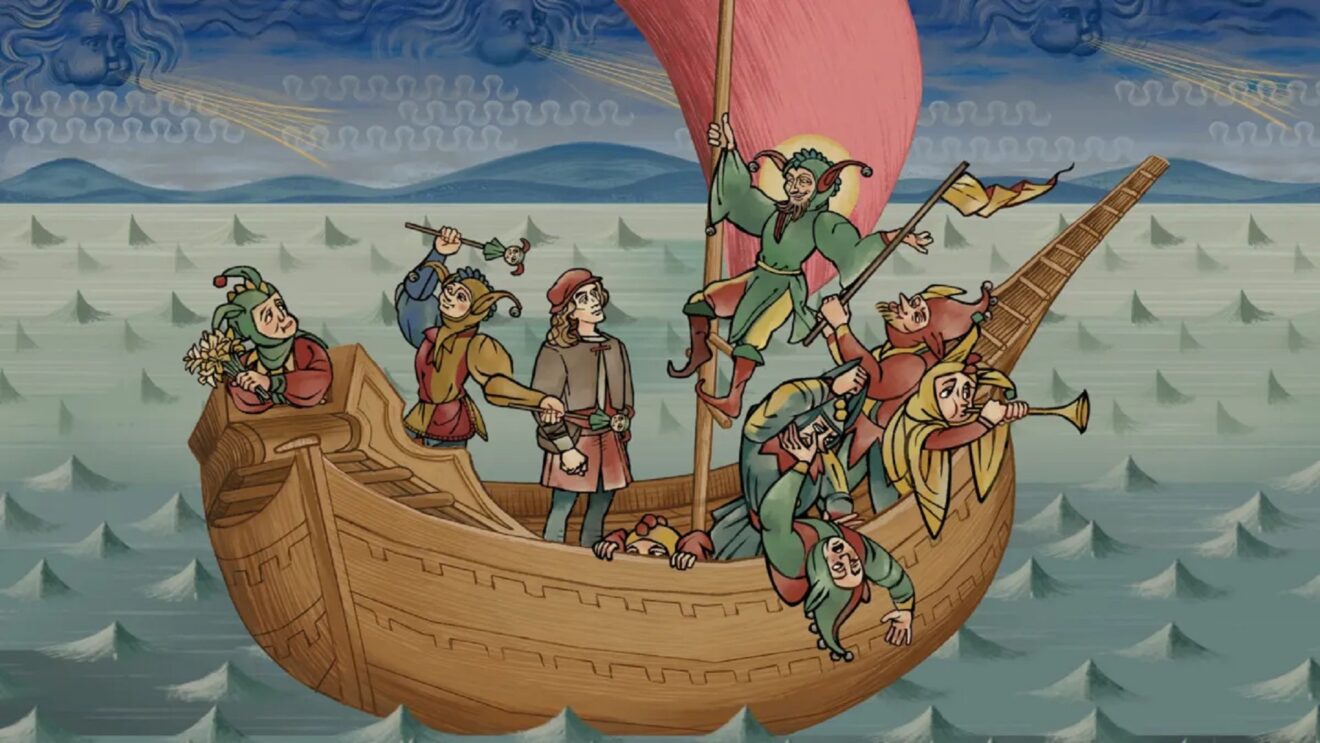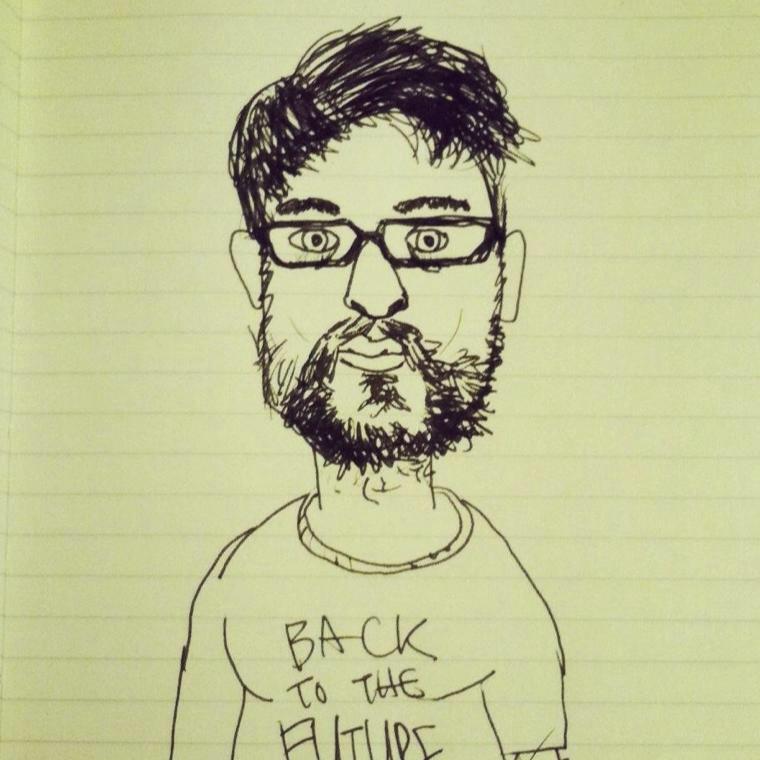
EGM’s Best of 2022: #5 Pentiment
From now until the end of the year, we’re counting down EGM’s Best of 2022. Today, it’s time for the #5 slot on our list. Check back throughout this week to see the rest of our choices—including our Game of the Year—and our editors’ personal picks.
| 05 | Pentiment |
At first, Pentiment doesn’t feel like an Obsidian game.
There are no RPG mechanics, not really. You aren’t leveling up your character, a fictional 16th century artist named Andreas, nor are you battling, strategizing, or gathering resources. Other than picking a handful of details about Andreas’ background, which do determine a few dialogue choices here and there, there’s no character building, either.
But, in the ways that really matter, Obsidian’s signature is all over Pentiment, just at a different scale from The Outer Worlds or Pillars of Eternity. As Andreas, you’re an outsider caught between forces bigger than yourself, institutions like the duchy and the church that determine the realities of the everyday lives of Tassing’s villagers. Later, when Andreas takes it upon himself to become an amateur detective, the choices you make have an impact on the individuals in town, if not the overarching powers that be.
Players willing to look past the relatively muted presence of Obsidian’s usually intricate gameplay systems will find one of 2022’s most artful experiences—literally. Inspired by the dominant art styles of the time, Pentiment’s visual design is more than just aesthetic. It allows players to immerse themselves in history by mimicking the very way we experience history, which is through art, text, and music. The characters look the way that artists at the time drew people. The story is told through a variety of font types, signaling the speaker’s station. Through these signifiers, Pentiment teaches us about life in the 16th century better than any game with next-gen graphics, bad accents, and explicit violence has so far.
Without the usual crutches that modern games lean on, Pentiment is a game that requires its players to use their imaginations. It asks them to dig deep and consider every detail, and not to bring their contemporary, preconceived notions of what’s best to a time that isn’t ready for it. Say an encouraging word to a character with more radical ideas, those that challenge the “truths” of the church and state, and they might just end up burning at the stake later on.
With Pentiment, Obsidian made a game that isn’t easily definable. You play a role, but it’s not a role-playing game. It’s a detective game, but you aren’t a detective. Really, the title says it all: It’s a painting on top of a painting. Scratch away the surface, and reveal a profound insight into our relationship to history and the reasons why some try to control our understanding of it.

Michael Goroff has written and edited for EGM since 2017. You can follow him on Twitter @gogogoroff.